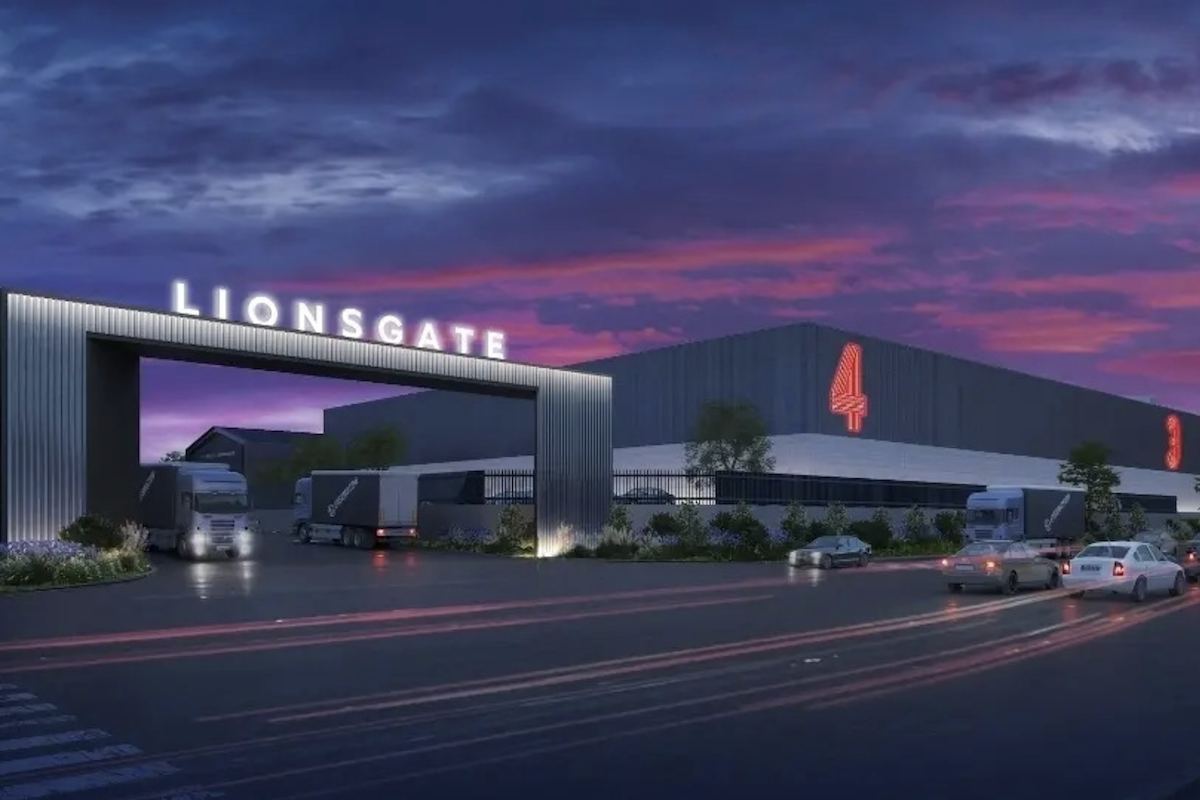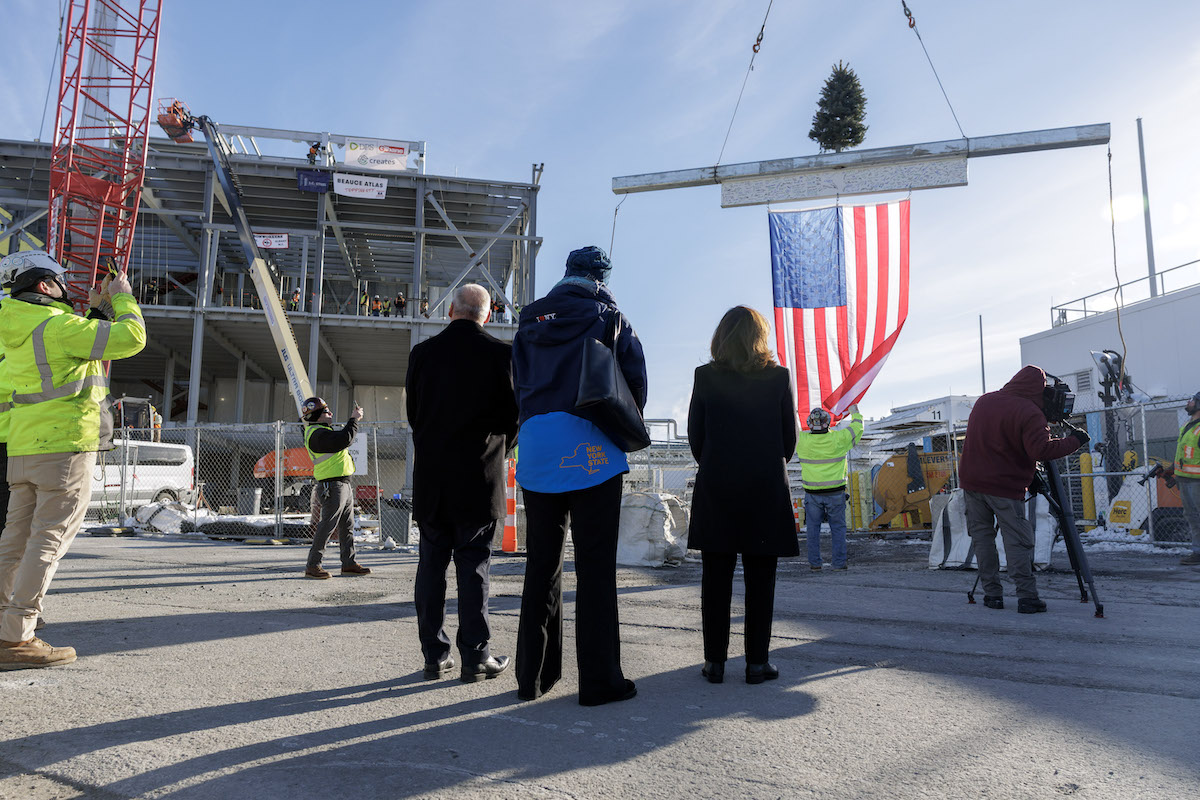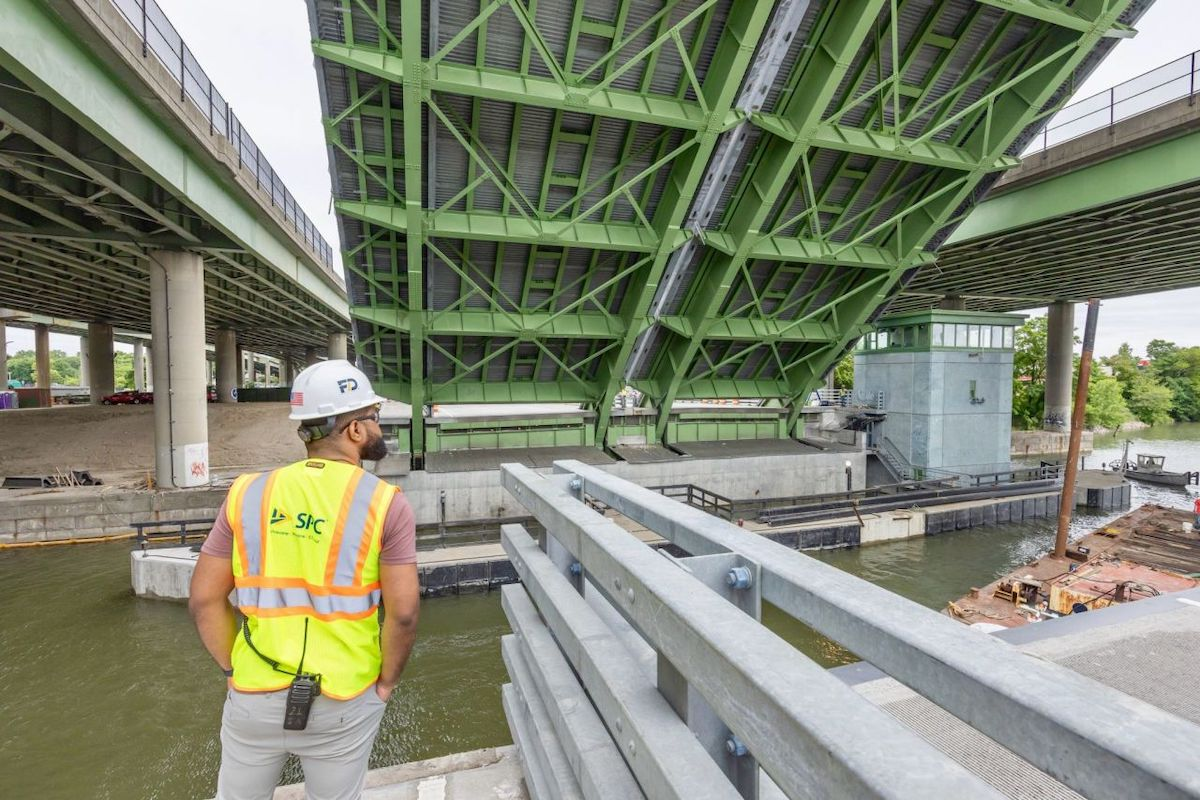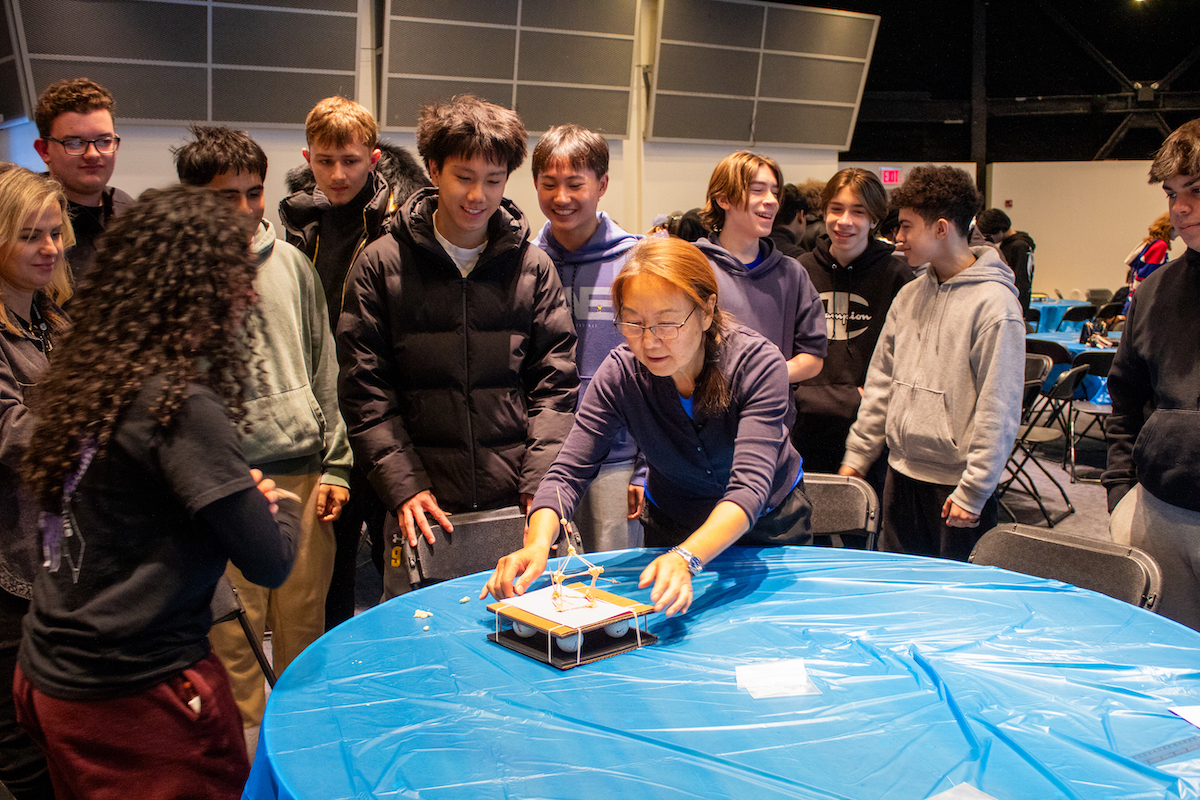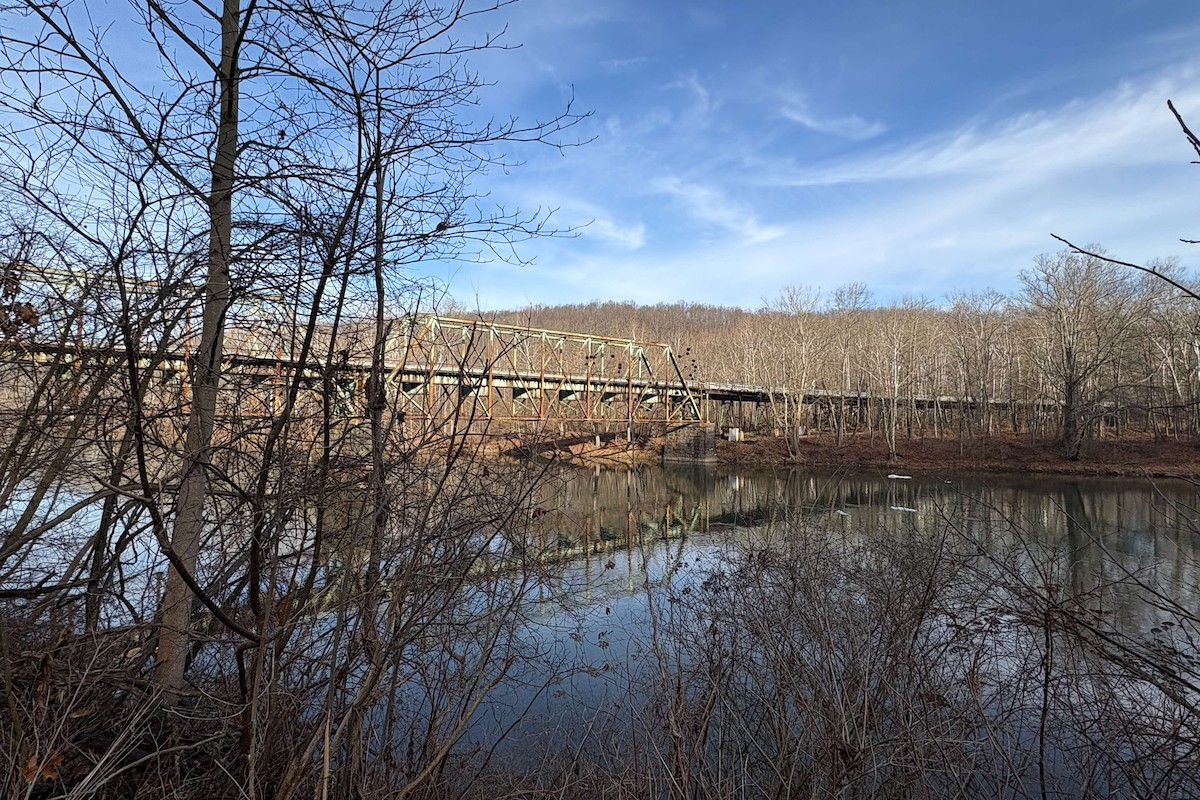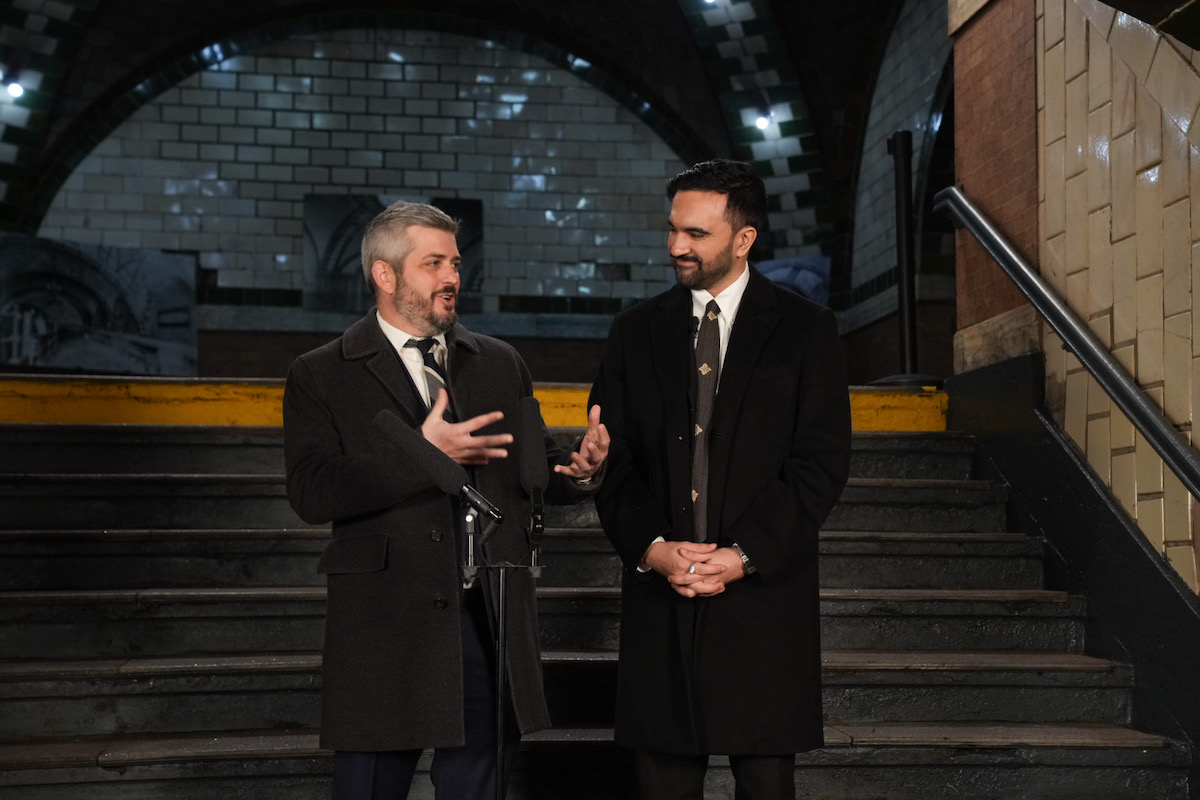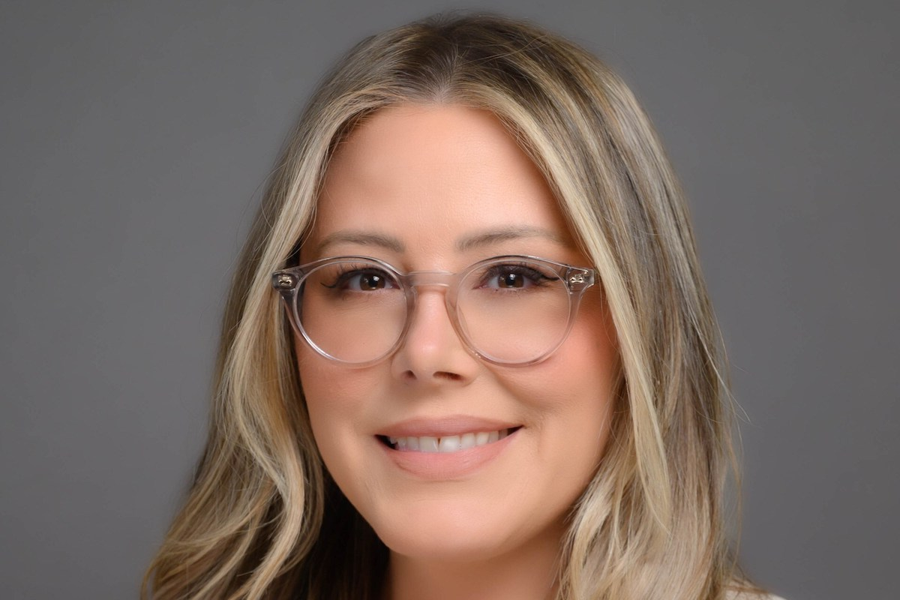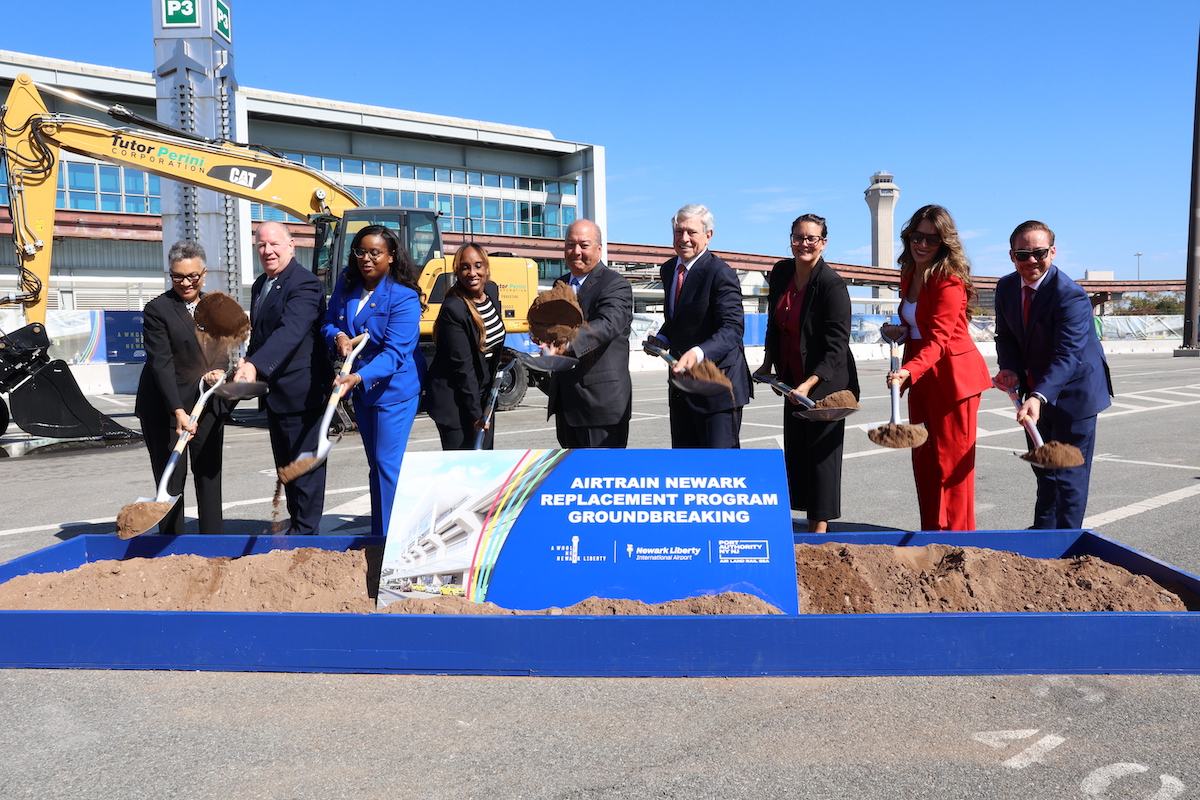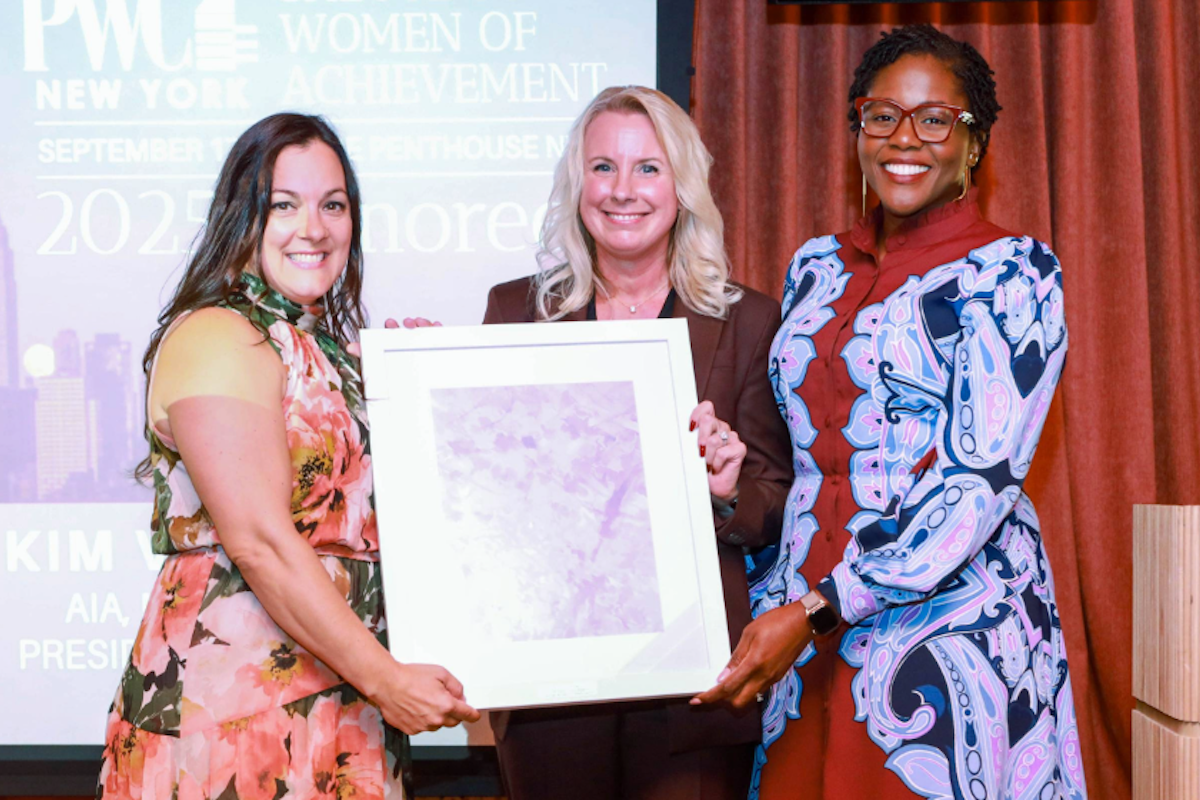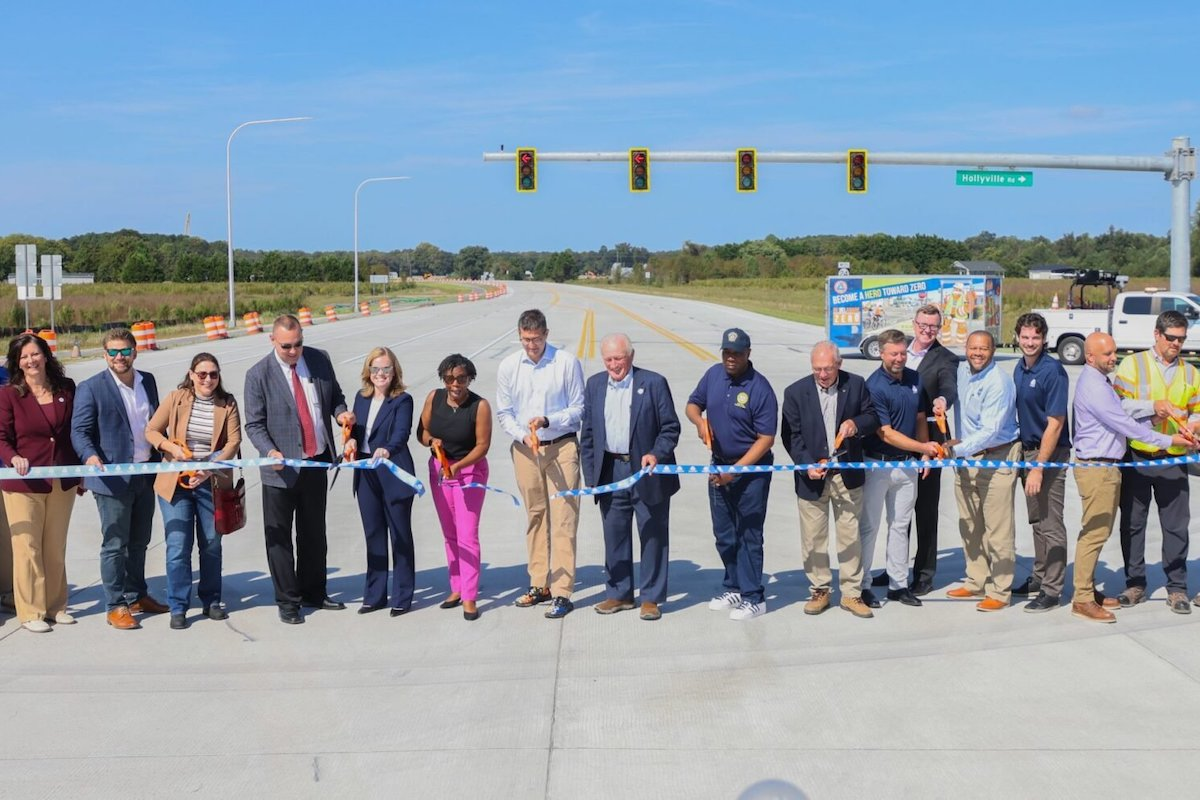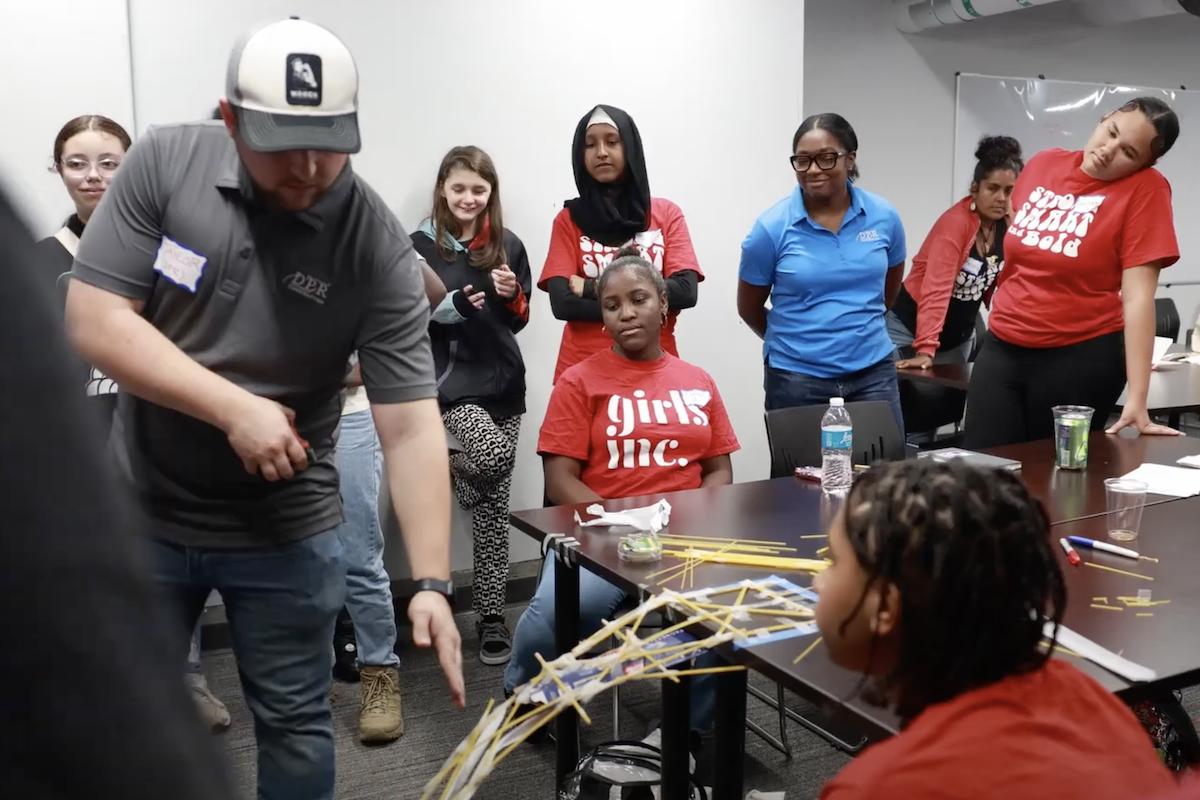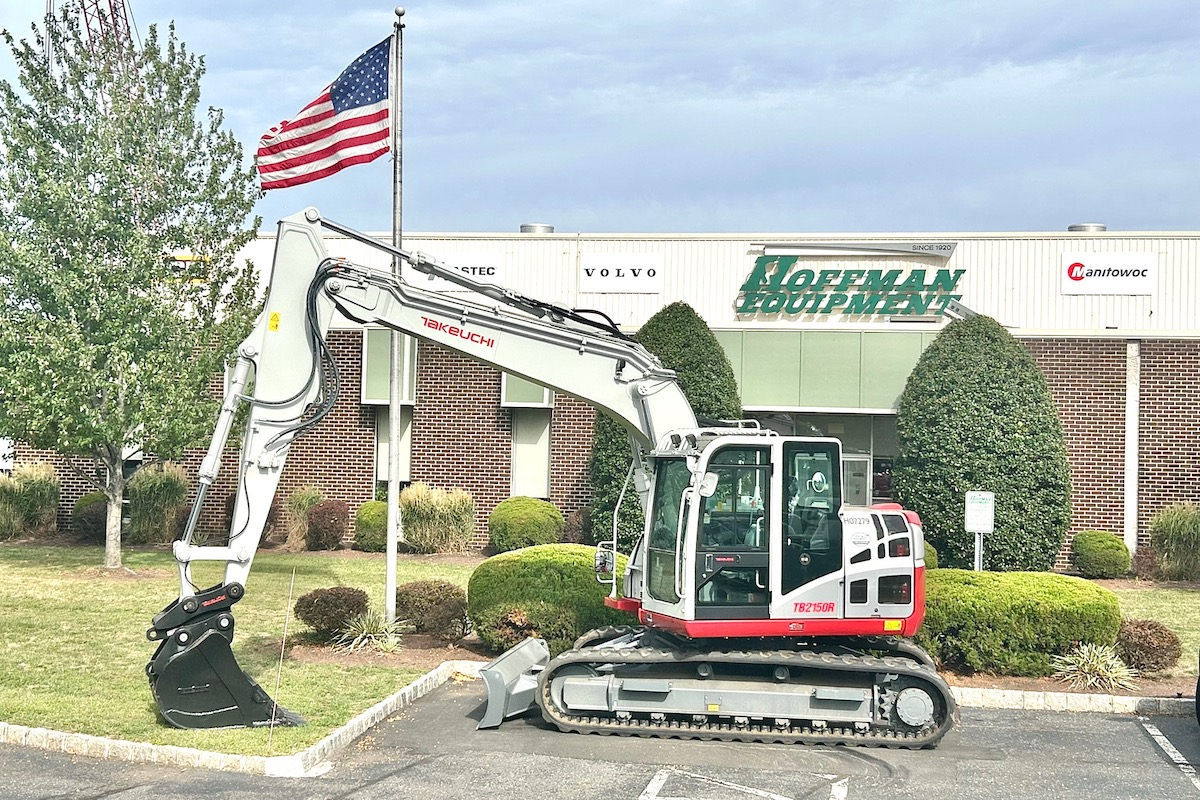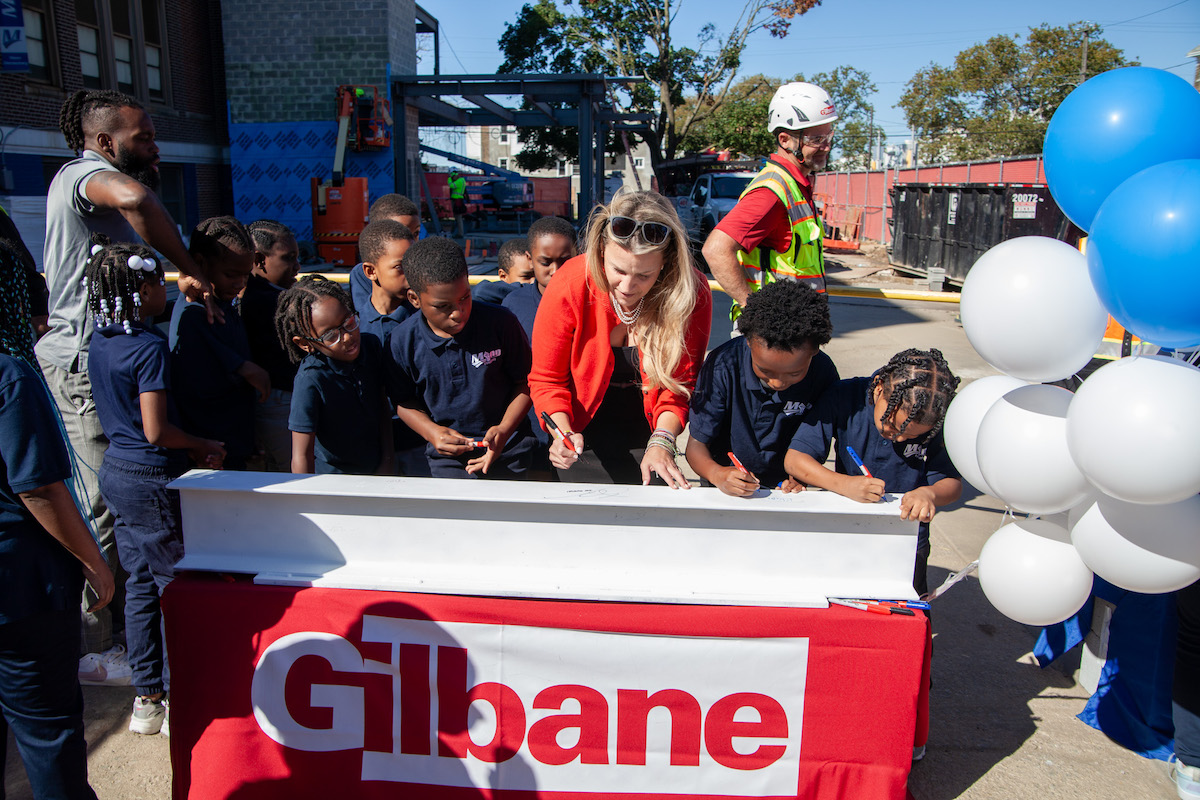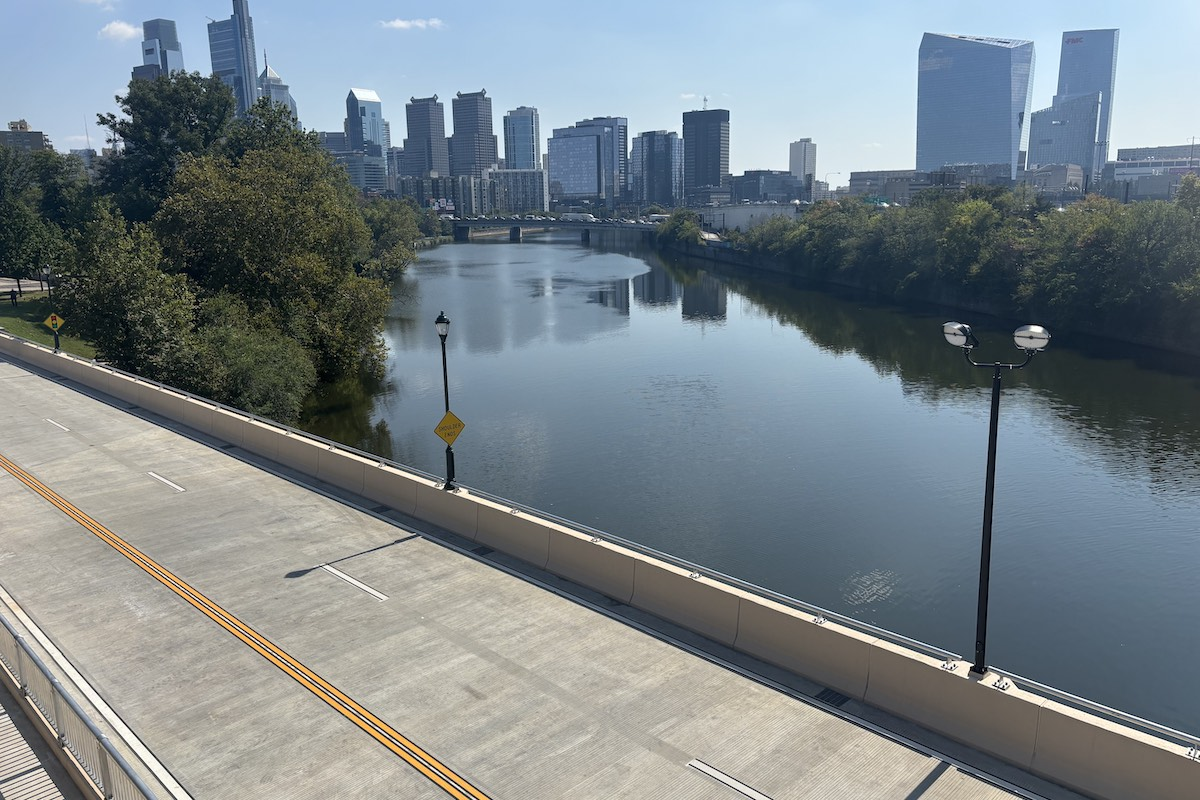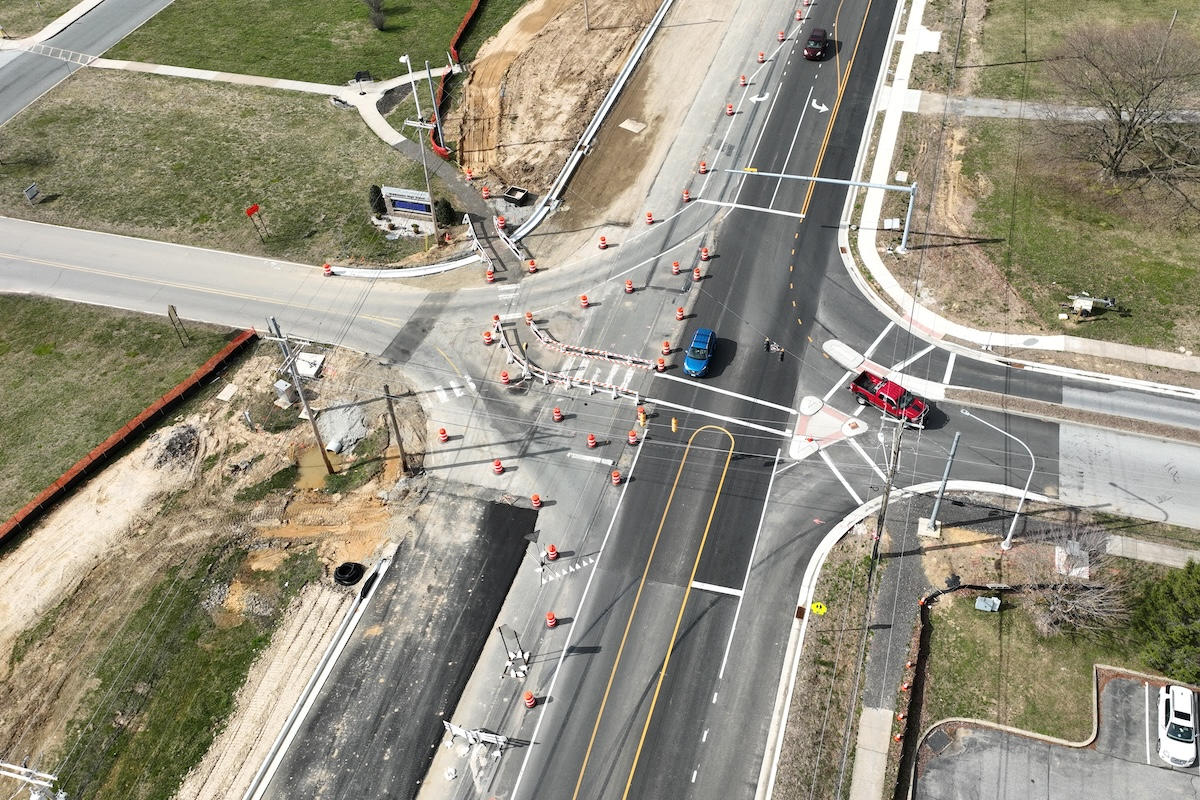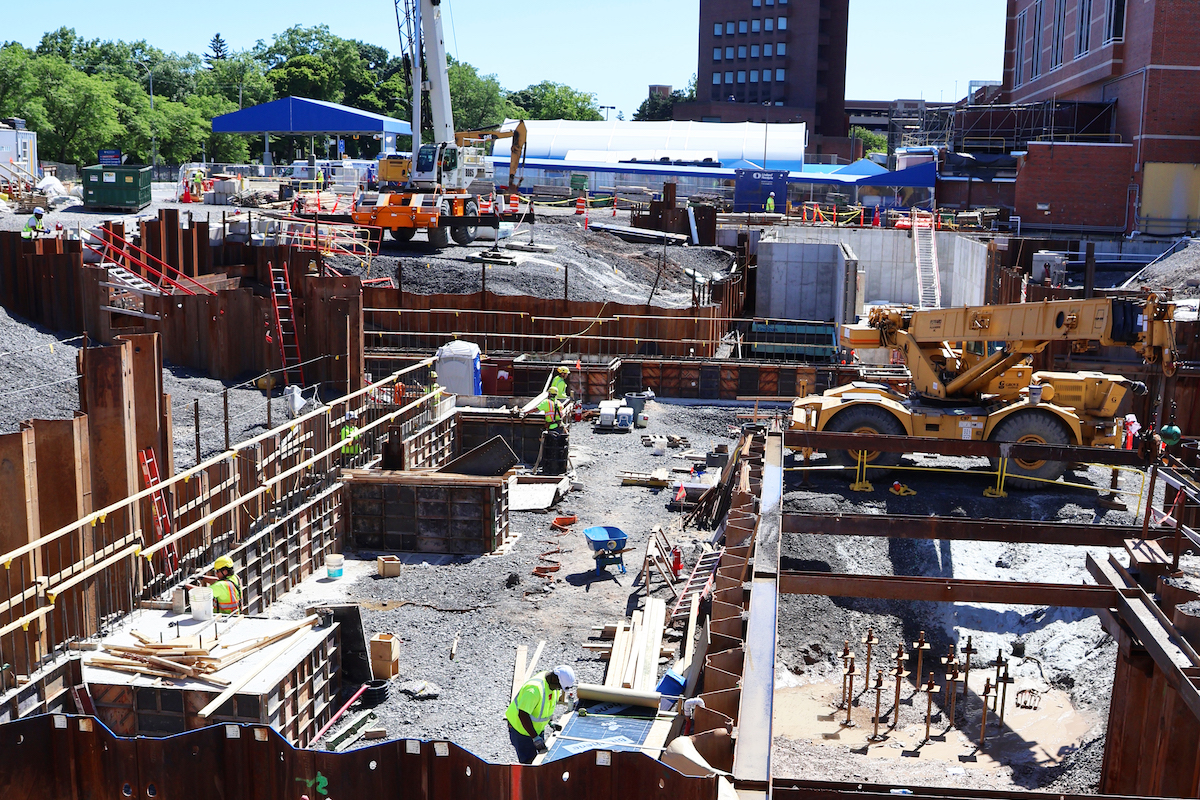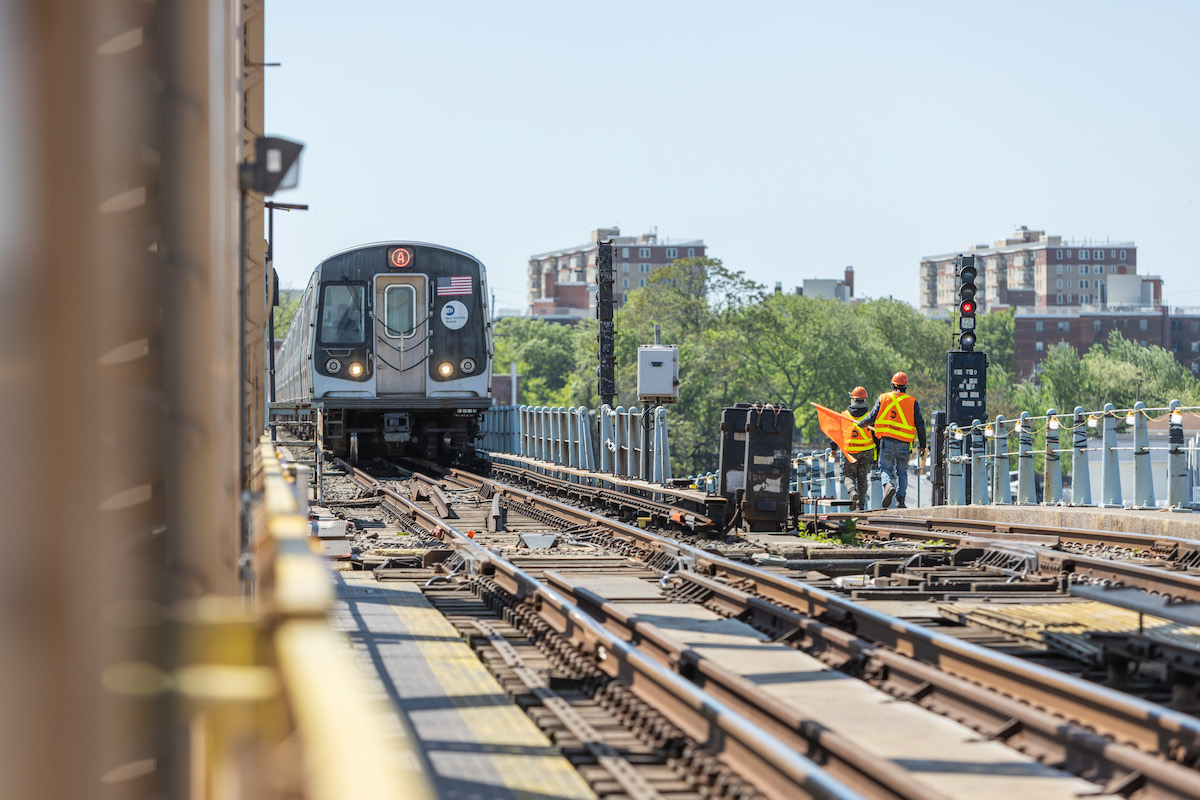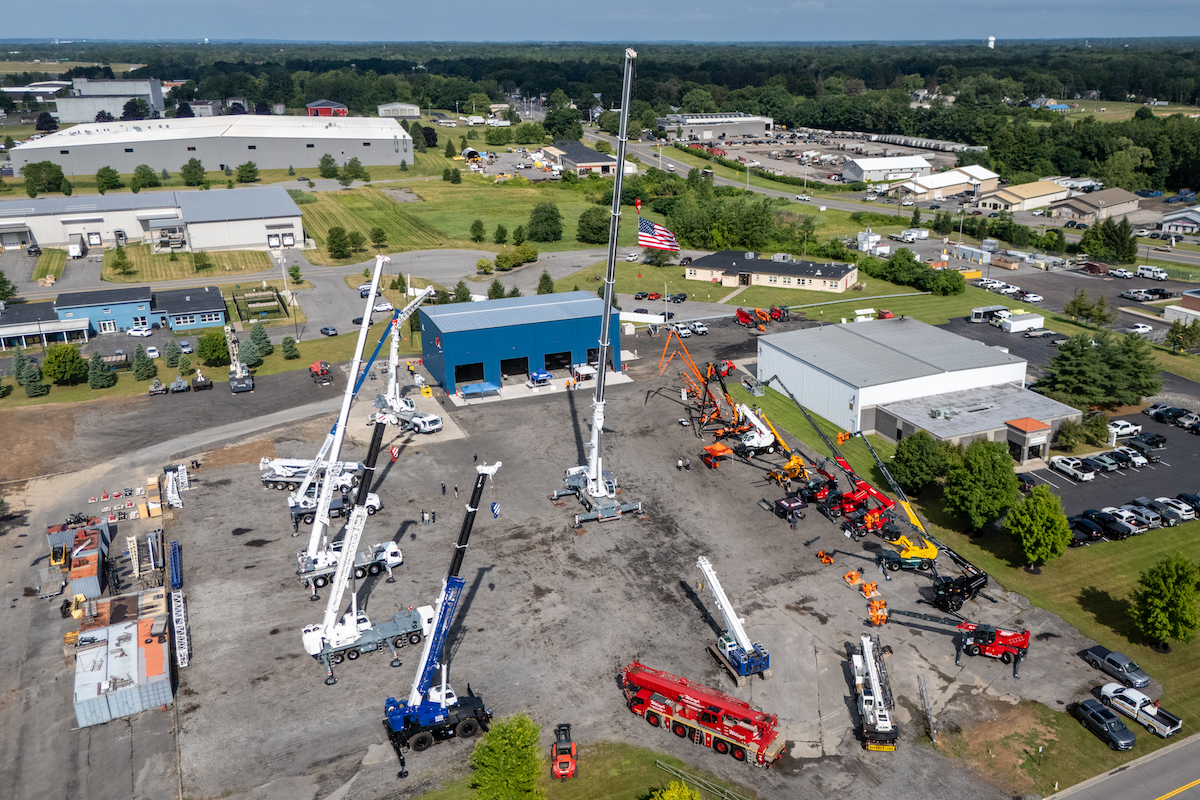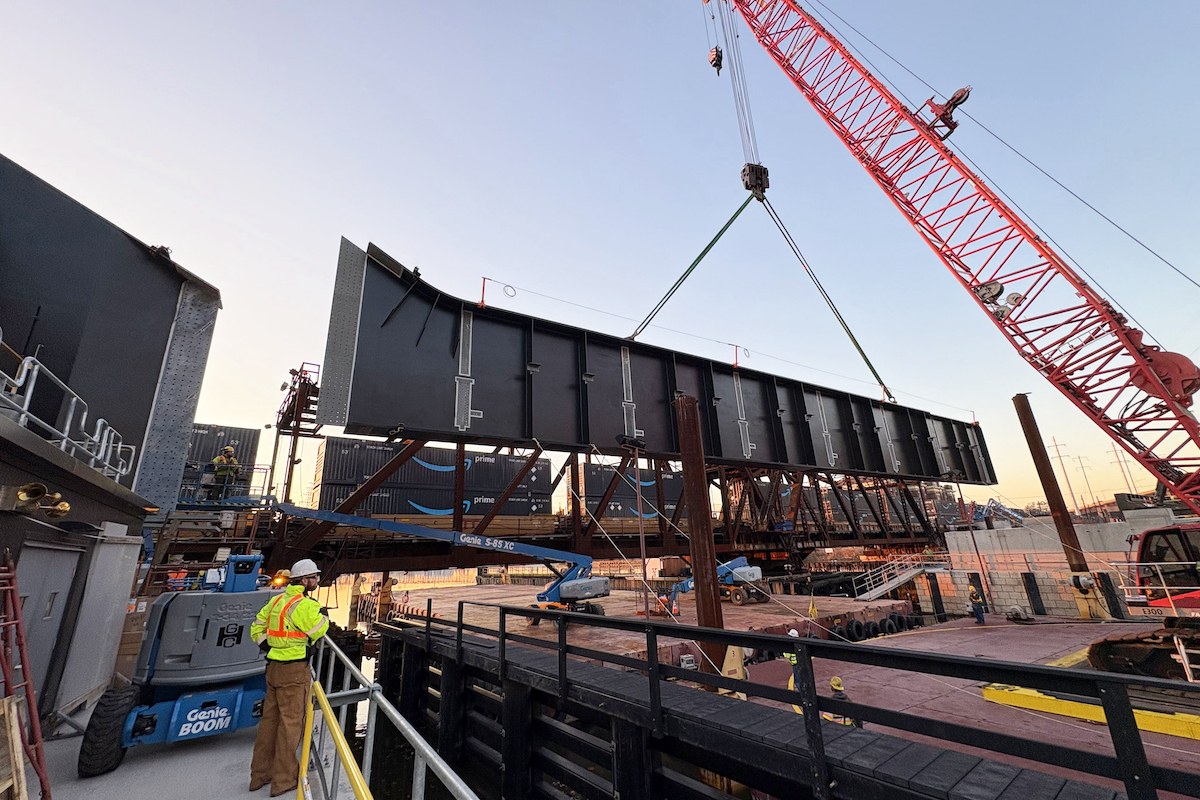“My grandfather started a family business in Western New York, and I worked side-by-side with my dad from the age of 12,” she said. “I was in my 30s before I decided to start my own company.”
Why branch out on her own?
“There’s a lot of opportunity in New York to have your own business, but there aren’t very many women-owned businesses in construction,” Hill said. “I want young girls to see that as a possibility for themselves, because if they don’t see other women doing it, maybe they won’t imagine themselves being able to do it.”
Hill founded CaHill Resources in 2017. “I thought, ‘Somehow I’m going to help solve this labor gap one way or another, and I’m going to start my own construction services company,’” she said. “I started with some low-hanging fruit — renting equipment to municipalities, teaching their people how to run it, and doing a little bit of subcontractor work with them.”

| Your local Trimble Construction Division dealer |
|---|
| SITECH Allegheny |
| SITECH Northeast |
For the equipment rentals, Hill said she has “a really great relationship with an equipment dealer here in our neck of the woods — Chris Milton of Milton CAT — who was super supportive.”
“I had some retired tradespeople who were also really good at safety, so we started doing site auditing and other services,” she added.
Next in her plan, Hill thought, “There are no good tech tools for blue-collar workers to use for training. We need to speak to the next gen[eration]. I’m going to bootstrap a software company and build a whole platform — a learning library — with the profits from the equipment rentals.”
She founded CAHill TECH in 2019 to provide workforce development through training modules that prepare people coming into the construction sector. In 2022, the company’s subscription-based, e-learning aQuiRe app received national recognition for their innovation from the Associated General Contractors of America (AGC).
“It was finding that operation that’s between major operations and is essential for keeping the flow, efficiency, and productivity of the job moving,” Hill said. “I just saw that no one was solving for that. Construction is all about building a better mousetrap — or helping the people with their own mousetraps keep them functioning.”
As a bonus, work at the stadium continues through the winters.
“This existing contract has been about what the next contractor coming on site needs and how we can be the ones delivering that,” Hill said. “It’s a very accelerated schedule, and we have all the securities and the workforce already in place.”
Another benefit has been once again working alongside her dad, Gary Hill, President of Union Concrete Construction in West Seneca, New York.
“We’re both working on the stadium project, so we get to see each other all the time,” she said.
Thousands of workers use aQuiRe every day, and the team has recently launched the aQuiRe Construction Academy, with 200-plus graduates already in just the first year. “We have to bring solutions; these folks are already getting to work in great jobs building a new career and strengthening the backbone of their communities,” Hill said.
In addition to founding the two certified WBE, DBE, and WOSB companies, Hill served as Labor Relations Director for AGC of New York State from 2019 to 2022 and previously as Board and Regional Director for that organization. Now she serves as Chair for TRIP, a national transportation research nonprofit based in Washington, D.C.
“My dad was super inclusive, so I had opportunities to sit at the table,” she said. “I was always exposed to the giving back part of working in the industry; that’s something he modeled. It’s an important part of any industry you work in — to be part of the stuff that goes on behind the scenes, to help keep things viable and vibrant and moving forward collectively.”
To that end, Hill previously served as Chairwoman for Fair Apportionment of Infrastructure Revenue, a nonpartisan advocacy organization — founded by local industry professionals — that works to ensure upstate New York receives its fair share of state transportation funds.
“In New York, you’ve got downstate with Long Island and a number of heavily populated counties,” Hill said. “But you also have Erie County with the most lane miles of any county in the state. We fight loudly to make sure money comes here for the improvements we need. We help keep the legislators in our neck of the woods highly educated, and they are very supportive.”
“From the contractor side, you can definitely feel an influx of projects now out to bid,” she said. “There are also some megaprojects happening because of the mechanism to get the matching funds in place, the billion-dollar projects that may not have been possible before. And it’s not just in transportation but also wastewater management improvements that need to be made in our region.”
In New York, IIJA-funded megaprojects include the $200 million wastewater treatment plant in Chemung County, the Kensington Expressway project in Buffalo, and the Interstate 81 Viaduct project in Syracuse.
According to a TRIP report released earlier this year, annual investment in roads, highways, and bridges by the New York State Department of Transportation (NYSDOT) increased by 37 percent from 2018 to 2021, rising from approximately $4.3 billion to $6 billion.
The report predicted that the level of NYSDOT highway investment will continue increasing as a result of the IIJA, which boosts annual federal funding for New York roads, highways, and bridges by 52 percent from an average of approximately $1.8 billion annually to $2.7 billion. Federal funds currently provide 38 percent of revenue used by NYSDOT to fund highway and bridge improvements, according to the report.
TRIP’s “New York Transportation by the Numbers: Meeting the State’s Need for Safe, Smooth, and Efficient Mobility” report examined the condition, use, and safety of New York roads, highways, and bridges and the state’s future mobility needs.
To help with federal funding reauthorization and continued investments in the state’s transportation system, Hill stressed the need to communicate the effects of the IIJA to the public — not just megaprojects but also the rural county road that had not been touched in over a decade but now has drainage systems or new pavement.
“When you string together $15 million worth of work in a county, it makes a difference in people’s lives right in their own backyard,” she said.
In addition, transportation funding spurs other megaprojects like the new Micron facility in Clay, New York.
“What we’re seeing is because there’s a mechanism to advance some of these other infrastructure systems, there’s also the ability to bring economic stimulation to your neighborhood,” Hill said.
According to TRIP’s report, due to inadequate state and local funding, nearly half of New York’s major locally- and state-maintained roads and highways are in poor or mediocre condition. In addition, 10 percent of the state’s bridges are rated in poor/structurally deficient condition, the 11th-highest share in the U.S.
The report concluded that roads and bridges that are deteriorated, congested, or lack desirable safety features cost New York motorists a total of $36.7 billion statewide annually due to higher vehicle operating costs, traffic crashes, and congestion-related delays.
Unfortunately, New York’s motor fuel tax may struggle to keep pace with the state’s future transportation needs as a result of increasing vehicle fuel efficiency, the rising use of electric vehicles, and escalating construction costs, the report said.
Hill added that with no increase in tolls, New York’s Thruway System remains in an abysmal maintenance cycle.
“I think one of the most important things to recognize from TRIP’s report was that the Thruway already has over a billion-dollar funding gap in revenue to maintain levels of service,” she said. “Toll increases in the New York State Thruway System are way overdue, and our system is starting to show that. There’s congestion, surface degradation, and weak infrastructure conditions. When you don’t have an increase or the political will, the service has been a struggle and that’s where it’s going to suffer — the safety and the conditions.”
That will also lead to other issues, according to Hill. “You can’t just live in a maintenance and preservation program if you expect to bring in a new microchip facility or a new Amazon fulfillment center,” she said. “When you’re building, you’re expanding this gap of what needs to be spent and you can’t keep up with properly delivering for the needs of the population.”
To read TRIP’s full report on New York roads, highways, and bridges, visit tripnet.org.



















